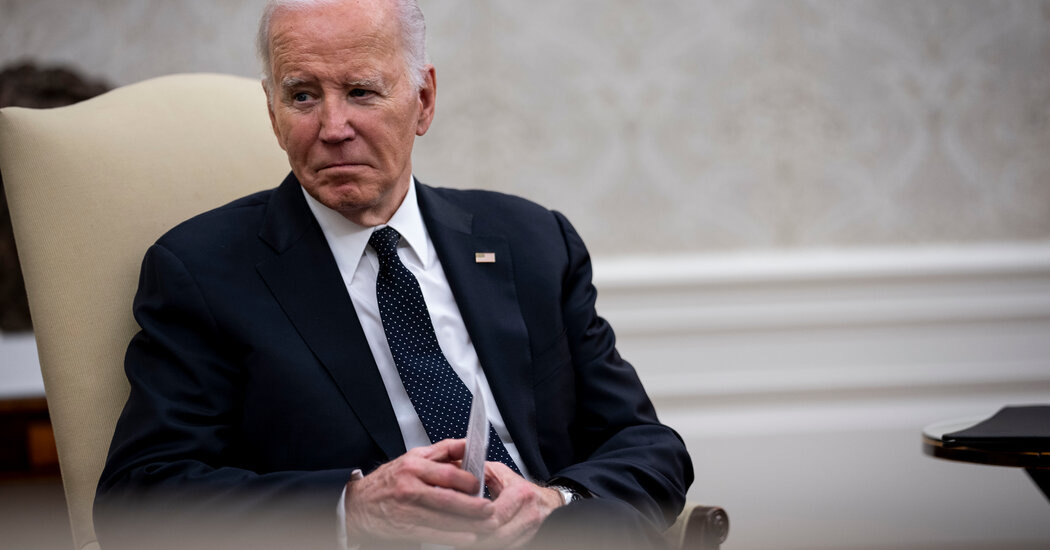President Biden laid it out for Prime Minister Benjamin Netanyahu of Israel long before letting the public know. In a conversation bristling with tension on Feb. 11, the president warned the prime minister against a major assault on the Gaza city of Rafah — and suggested that continued U.S. support would depend on how Israel proceeded.
It was an extraordinary moment. For the first time, the president who had so strongly backed Israel’s war against Hamas was essentially threatening to change course. The White House, however, kept the threat secret, making no mention of it in the official statement it released about the call. And indeed, the private warning, perhaps too subtle, fell on deaf ears.
Six days later, on Feb. 17, Mr. Biden heard from Secretary of State Antony J. Blinken. The president’s chief diplomat was calling from his blue-and-white government plane as he was flying home from a security conference in Munich. Despite the president’s warning, Mr. Blinken reported that momentum for an invasion of Rafah was building. It could result in a humanitarian catastrophe, he feared. They had to draw a line.
At that point, the president headed down a road that would lead to the most serious collision between the United States and Israel in a generation.



deleted by creator